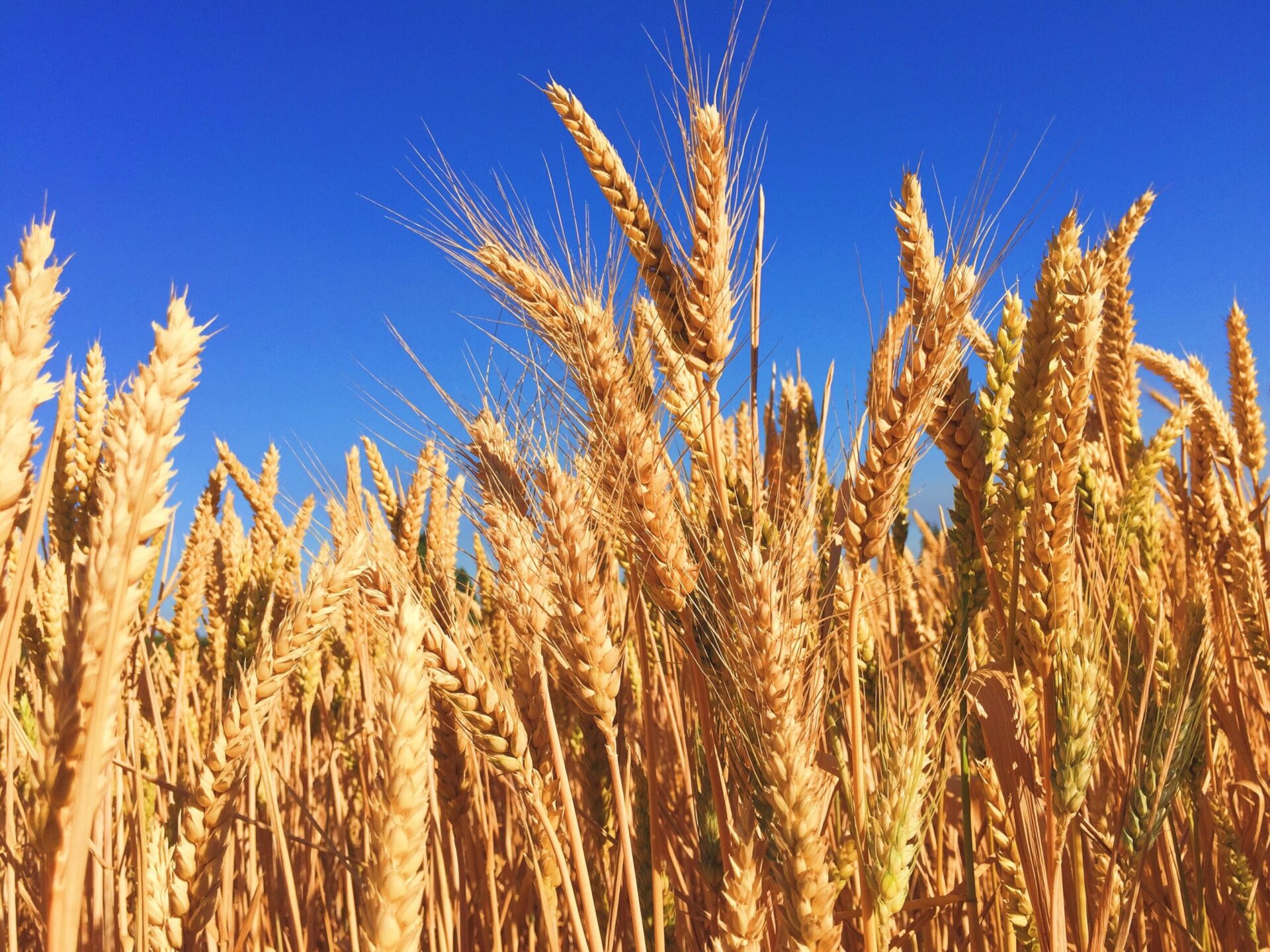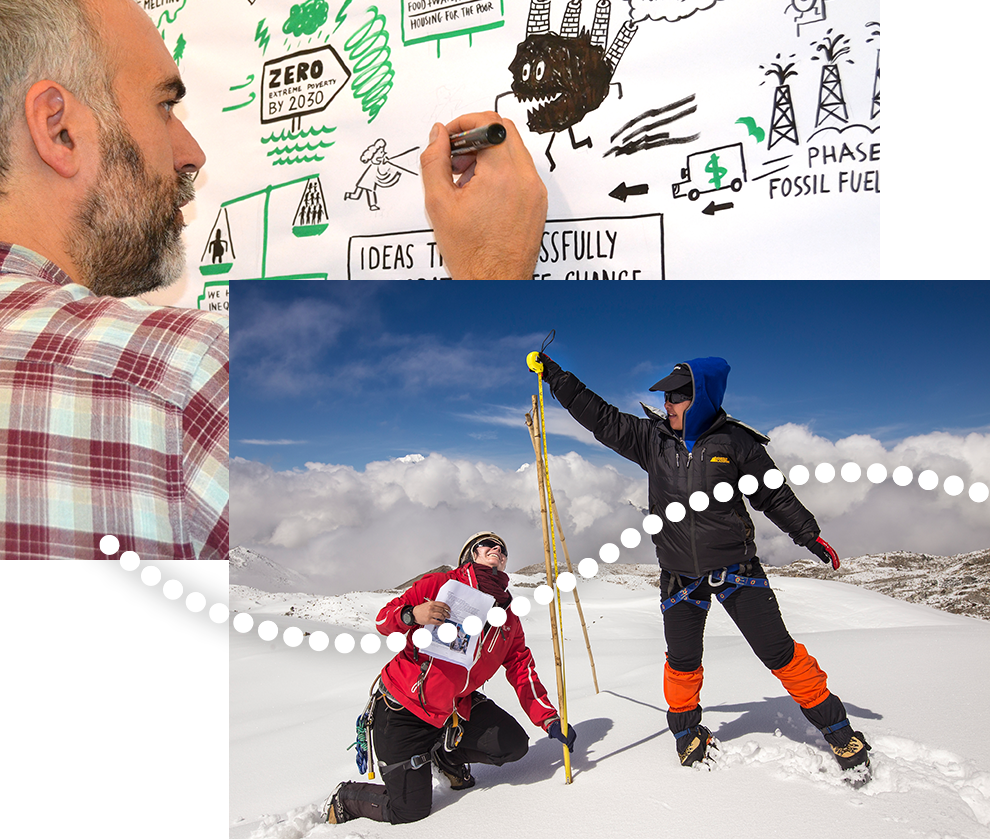Conference: Environmental Risks and International Agricultural Trade

Session on Sustainable Development and Environmental Economics
The impacts of climate change are already visible. The recent forest fires in Australia, or the floods in Jakarta, Indonesia, foreshadow what could become the norm in the absence of ambitious action to reduce emissions. These impacts, whether from more intense and frequent natural disasters or from gradual change, are often perceived as a risk to be managed at the local and national level.
They can also, through a domino effect, affect other countries, notably through international trade, especially in agricultural commodities. Global agricultural production and trade patterns are already facing major environmental risks such as climate change and biodiversity erosion, and may be more so in the future.
Which agricultural commodities exporting or importing countries are the most vulnerable to environmental risks? What strategies can be implemented to strengthen their resilience?
To address these issues intertwining international agricultural trade, climate change adaptation, biodiversity conservation and food security, IDDRI organised a session on Sustainable Development and Environmental Economics on Tuesday 28 January, from 12:30 to 2:00 pm, at Reid Hall, Columbia Centers, 4 rue de Chevreuse, Paris (6th arrondissement).
The Adaptation Without Borders initiative, coordinated by SEI, ODI (Overseas Development Institute) and IDDRI, was represented by: Kevin M. Adams, research fellow at Stockholm Environment Institute (SEI) and Frédéric Amiel, research fellow in the IDDRI Biodiversity Programme.
The session was moderated by Lola Vallejo, Director of IDDRI’s Climate Programme.

Comments
There is no contentYou must be logged in to reply.